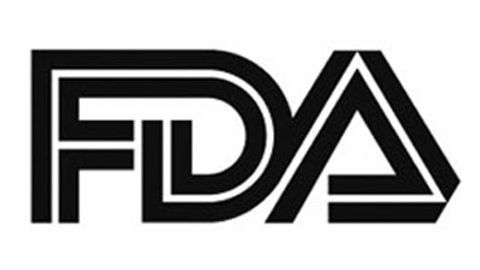FDA Approves Enfortumab Vedotin in Locally Advanced or Metastatic UC
The FDA has granted approval to enfortumab vedotin for the treatment of adult patients with locally advanced or metastatic urothelial cancer.

The FDA has granted approval to enfortumab vedotin (Padcev) for the treatment of adult patients with locally advanced or metastatic urothelial cancer (UC), according to a press release issued by the regulatory body.
In particular, the agency approved the Nectin-4-directed antibody for this patient population who are:
- previously treated with a PD-1/PD-L1 inhibitor as well as with platinum-based chemotherapy; and
- ineligible for cisplatin-containing chemotherapy and have previously received 1 or more prior lines of therapy.
Data from the clinical trials EV-201 (NCT03219333) and EV-301 (NCT03474107) supported the FDA’s decision. Results from the EV-301 trial served as the basis for the expansion of the indication to include patients with locally advanced or metastatic UC after comparing single-agent enfortumab vedotin to chemotherapy in this patient population.
A total of 608 patients with locally advanced or metastatic UC enrolled in the study.
The primary end point explored was overall survival (OS). Secondary end points included progression-free survival (PFS), objective response rate (ORR), disease control rate (DCR), duration of response (DOR), and the incidence of adverse events (AEs). Patients were randomized 1:1 to receive either enfortumab vedotin on days 1, 8, and 15, of each 28-day cycle or docetaxel combined with vinflunine or paclitaxel.
According to update results, the median OS was 12.9 months (95% CI, 10.6-15.2) for the 301 patients on the experimental arm compared with 9.0 months (95% CI, 8.1-10.7) for the 307 who received the chemotherapy combination (HR 0.70; 95% CI, 0.56-0.89; P = .0014). The median PFS was 5.6 months (95% CI, 5.3-5.8) with enfortumab vedotin compared with 3.7 months (95% CI, 3.5-3.9) with the control combination (HR 0.62; 95% CI, 0.51-0.75; P < .0001).
In terms of responses to therapy, the study showed an ORR of 40.6% (95% CI, 34.9-46.5) in the experimental arm versus 17.9% (95% CI, 13.7-22.8) in the control arm (P < .0001).
Results from the EV-201trial supported the FDA’s decision to convert from an accelerated to an a regular approval. The study included 91 patients, 89 of whom were treated with enfortumab vedotin in the single-arm study. The primary efficacy end point was confirmed ORR, assessed by blinded independent central review, and the key secondary end point was DOR.
Treatment with enfortumab vedotin led to a confirmed ORR of 51% (95% CI, 39.8-61.3), which included complete responses in 22% of patients. The median DOR observed with the drug was 13.8 months (95% CI, 6.4 to not estimable).
Based on data from both studies, about 20% of patients who received enfortumab vedotin experience AEs like rash, aspartate aminotransferase increased, glucose increased, creatinine increased, fatigue, peripheral neuropathy, lymphocytes decreased, alopecia, decreased appetite, hemoglobin decreased, diarrhea, sodium decreased, nausea, pruritus, phosphate decreased, dysgeusia, alanine aminotransferase increased, anemia, albumin decreased, neutrophils decreased, urate increased, lipase increased, platelets decreased, weight decreased, and dry skin.
The FDA noted in its release that the drug’s label has a warning about serious skin reactions, including Stevens-Johnson syndrome and Toxic Epidermal Necrolysis, as well as pneumonitis.
For the optimal benefit and safety, the FDA recommends that the agent is dosed at 1.25 mg/kg (up to a maximum dose of 125 mg) and is given as an intravenous infusion over 30 minutes on days 1, 8, and 15 of a 28-day cycle until disease progression or unacceptable toxicity.
Reference:
FDA grants regular approval to enfortumab vedotin-ejfv for locally advanced or metastatic urothelial cancer. News release. FDA. FDA website. July 9, 2021. Accessed July 9, 2021, https://bit.ly/3xuEoAk